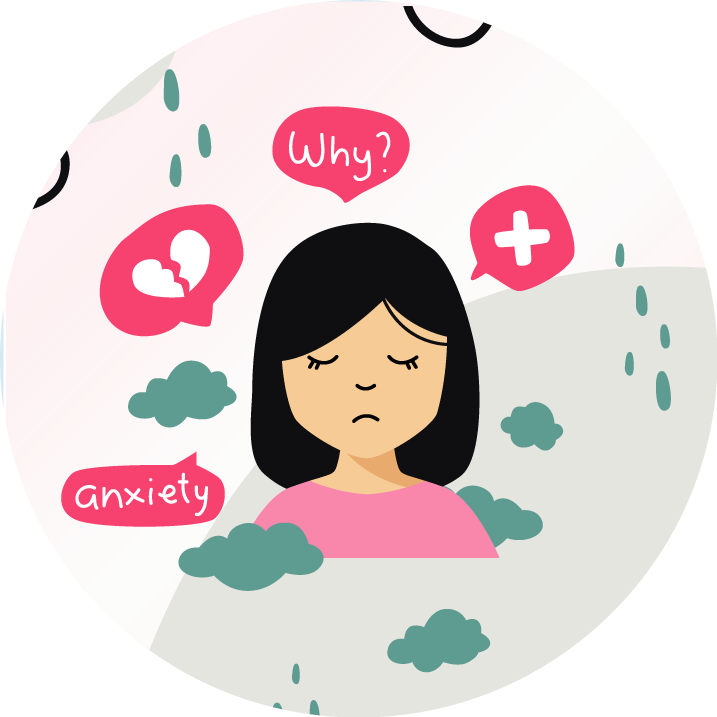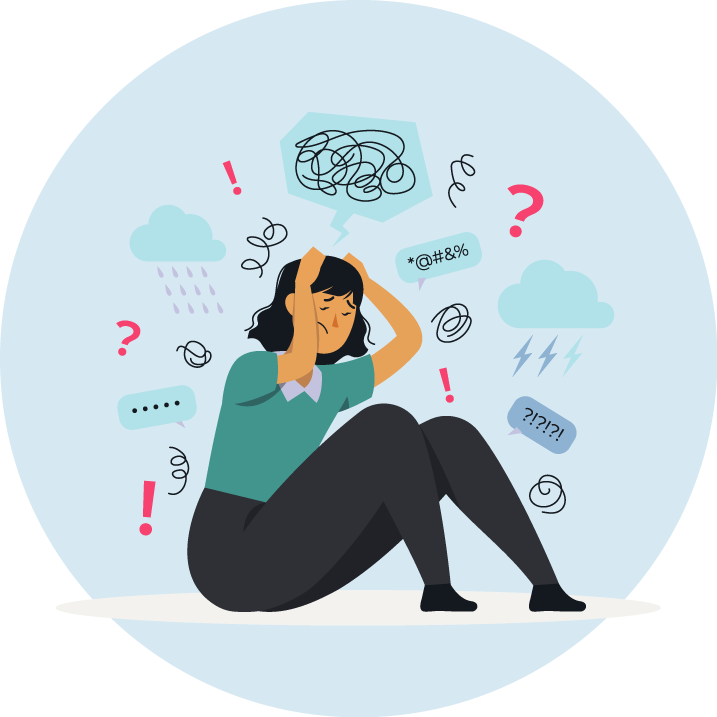How to Support the Mental Well-Being of Gen Z Employees

How to Support the Mental Well-Being of Gen Z Employees
September 20 2025 TalktoAngel 0 comments 71 Views
In today’s rapidly shifting world of work, one generation is challenging the norms more than ever before: Gen Z. Born between 1997 and 2012, Gen Z employees are the youngest in the workforce—and arguably the most vocal about mental health. For employers and organizations, understanding how to support the mental well-being of Gen Z isn’t just a wellness initiative; it's a strategic move for sustainability and success.
It means understanding the psychological landscape they’re navigating—one marked by burnout, digital overload, and a quest for authenticity. Let’s explore how to support Gen Z employees through a lens of modern psychology, and build a workplace where mental health isn't an afterthought—it's a foundation.
Understand the Mental Health Landscape of Gen Z
According to multiple studies, Gen Z reports the highest levels of stress, anxiety, and depressive symptoms compared to previous generations. Psychologically, they’re growing up in a world shaped by chronic uncertainty—pandemics, climate change, economic instability, and social justice reckonings.
This generation is also more open about mental health, but that doesn’t mean they’re always receiving adequate support. Many experience emotional exhaustion, identity diffusion, or imposter syndrome, especially in highly competitive or performative work environments.
2.Foster Psychological Safety
Psychological safety—a concept developed by Harvard professor Amy Edmondson—means employees can speak up, make mistakes, and show up authentically without fear of humiliation or retaliation.
To build this:
- Encourage honest feedback in team meetings.
- Train managers in empathic communication and active listening.
- Celebrate vulnerability and openness, especially from leadership.
Gen Z doesn’t just want support; they want to be seen and heard. When you create psychologically safe spaces, you invite engagement, innovation, and mental well-being.
3.Promote Work-Life Integration, Not Just Balance
The old concept of work-life balance doesn’t resonate with Gen Z as much as work-life integration. This means designing workflows that allow mental health to be a natural part of the day, not something addressed after hours.
Support this by:
- Allowing flexible work schedules and hybrid options
- Encouraging micro-breaks and mindfulness moments during the day
- Discouraging after-hours emails and hustle culture
When organizations embrace behavioural flexibility, employees can manage stress better and build self-regulation skills, both critical for emotional well-being.
4.Normalize Conversations About Mental Health
Gen Z doesn’t see therapy as taboo. Many view it as part of self-development. But that doesn’t mean they don’t still face internalized stigma or worry about professional consequences.
Here’s how to help:
- Host regular mental health webinars, panels, or peer talks
- Share resources for cognitive-behavioural techniques (like thought reframing or journaling)
- Offer anonymous pulse surveys to gauge mental health in the workplace
Use inclusive language and avoid pathologizing stress responses. Help Gen Z employees understand concepts like emotional resilience, mindfulness, and cognitive distortion so they feel equipped—not ashamed—to care for their mental health.
5.Leverage Technology for Mental Health Support
Gen Z is the first fully digital-native generation. But while they’re tech-savvy, that doesn't mean they're immune to digital fatigue or information overload. Paradoxically, technology is both a source of stress and a tool for relief.
Leverage tech to support well-being:
- Provide access to online therapy platforms
- Use wellness apps that support habit formation (e.g., gratitude journaling or mood tracking)
- Share curated content on mental fitness, not just mental illness
Importantly, ensure your digital tools are trauma-informed and customizable. Give Gen Z employees autonomy over how they engage with these platforms.
6. Provide Professional Mental Health Support
Access to professional support is non-negotiable. Gen Z values authenticity, but also appreciates structure, especially when dealing with anxiety, depression, or existential questions about work and purpose.
Offer both online and offline counselling options so they can choose what fits their lifestyle. Online platforms like TalktoAngel offer secure, stigma-free environments for therapy, making it easy for remote employees or those seeking privacy. For those who prefer face-to-face interaction or a more immersive experience, the PsychoWellness Centre provides in-person counselling, workshops, and psychological assessments that ground therapy in human connection.
Conclusion
Supporting Gen Z employees' mental well-being isn’t just about putting a yoga session on the calendar or celebrating Mental Health Day once a year. It requires a cultural shift—one that embraces psychological insight, open dialogue, and ongoing support systems. This generation is telling us something important: that mental health is foundational, not optional. By investing in Gen Z’s mental well-being today, we’re not just honoring their freedom to be well—we're also inspiring a healthier, more resilient workforce for the future.
If you're ready to offer professional mental health support to your Gen Z employees, explore options like online counselling with TalktoAngel, which connects users to licensed therapists via secure digital platforms. Or, for those who prefer in-person care, consider offline counselling at the PsychoWellness Centre, where a team of experienced psychologists offers holistic, compassionate care tailored to individual needs.
Contributed by: Dr (Prof.) R K Suri, Clinical Psychologist & Life Coach, & Ms. Mansi, Counselling Psychologist
References
- American Psychological Association. (2023). Stress in America™ 2023: A nation grappling with psychological uncertainty. https://www.apa.org/news/press/releases/stress/2023/report
- Edmondson, A. C. (1999). Psychological safety and learning behavior in work teams. Administrative Science Quarterly, 44(2), 350–383. https://doi.org/10.2307/2666999
- Twenge, J. M., & Campbell, W. K. (2018). Associations between screen time and lower psychological well-being among children and adolescents: Evidence from a population-based study. Preventive Medicine Reports, 12, 271–283. https://doi.org/10.1016/j.pmedr.2018.10.003
Leave a Comment:
Related Post
Categories
Related Quote

“Anxiety is a thin stream of fear trickling through the mind. If encouraged, it cuts a channel into which all other thoughts are drained.” - Arthur Somers Roche

"It is okay to have depression, it is okay to have anxiety and it is okay to have an adjustment disorder. We need to improve the conversation. We all have mental health in the same way we all have physical health." - Prince Harry

“You say you’re ‘depressed’ – all I see is resilience. You are allowed to feel messed up and inside out. It doesn’t mean you’re defective – it just means you’re human.” - David Mitchell, Cloud Atlas

“Stress is an ignorant state. It believes everything is an emergency.” - Natalie Goldberg

"Stay away from people who make you feel like you are wasting their time." - Paulo Coelho
Best Therapists In India






























SHARE